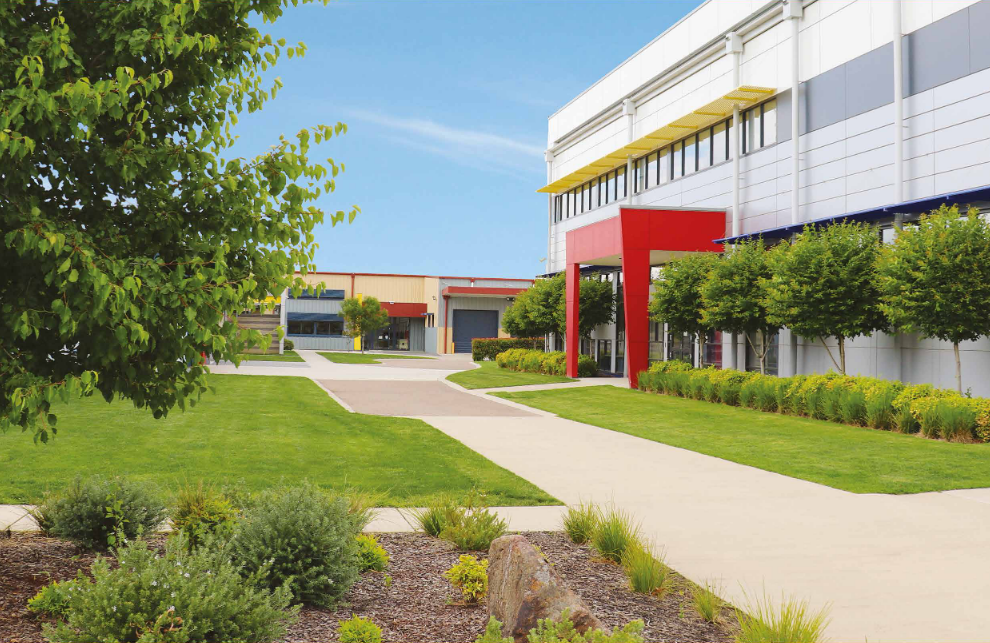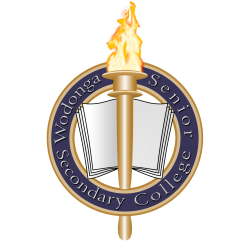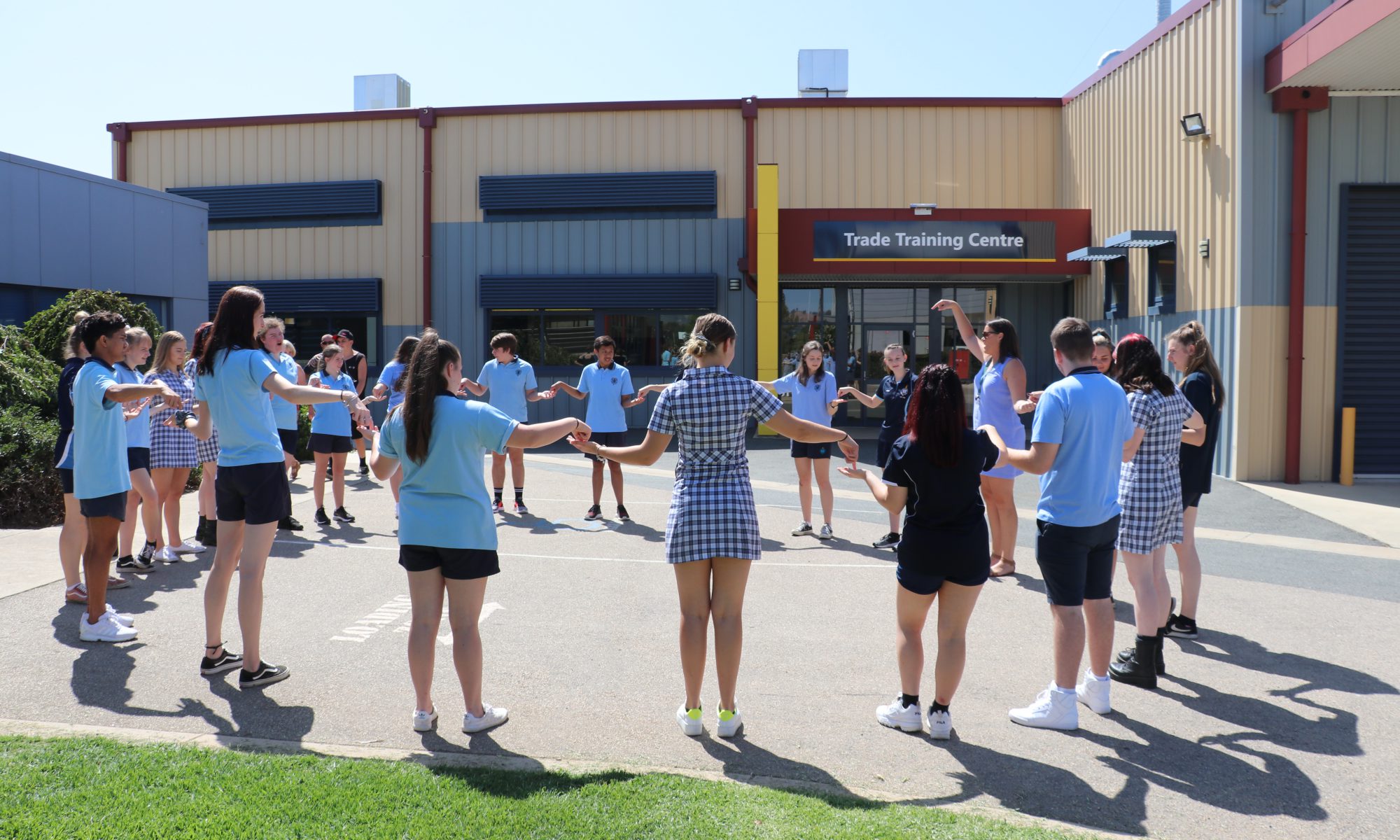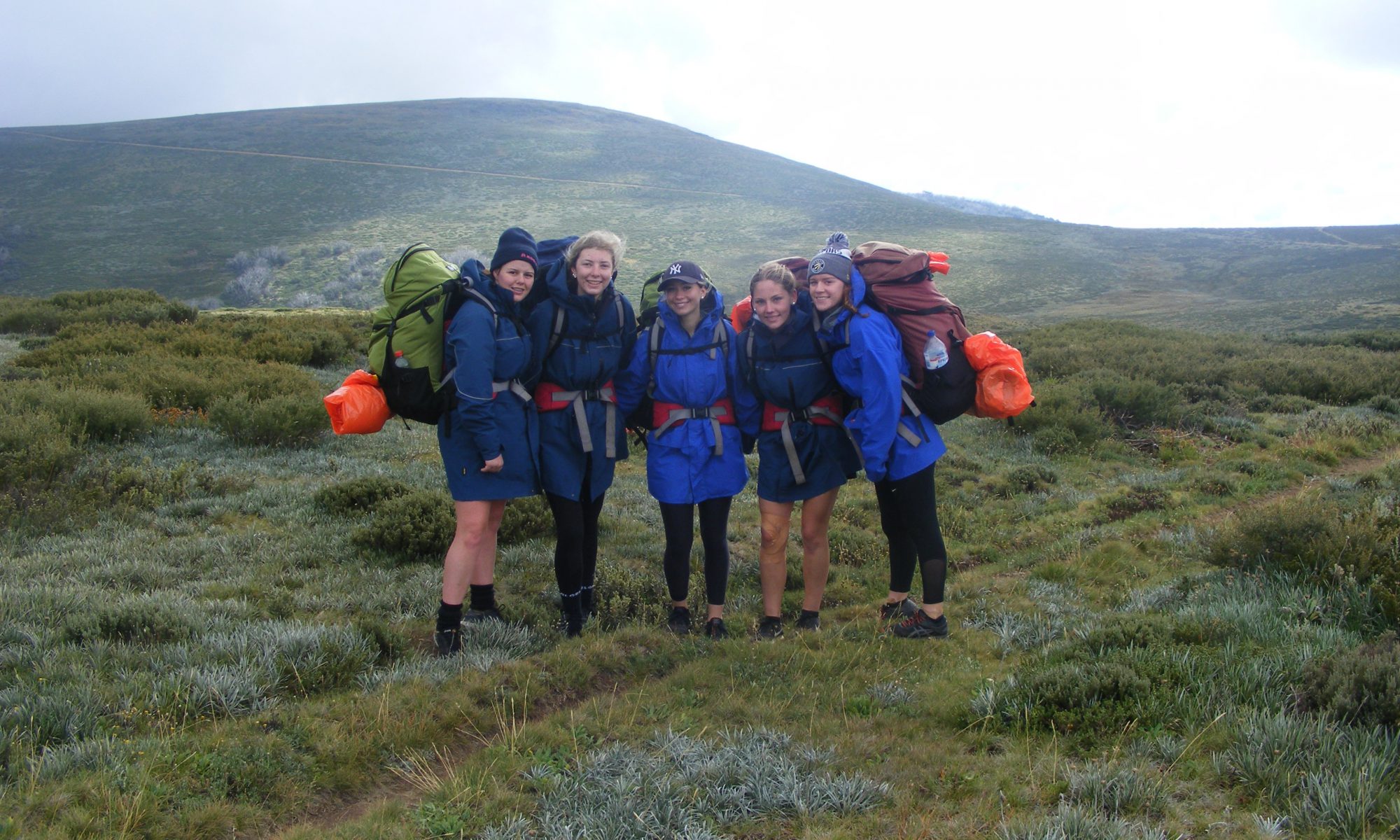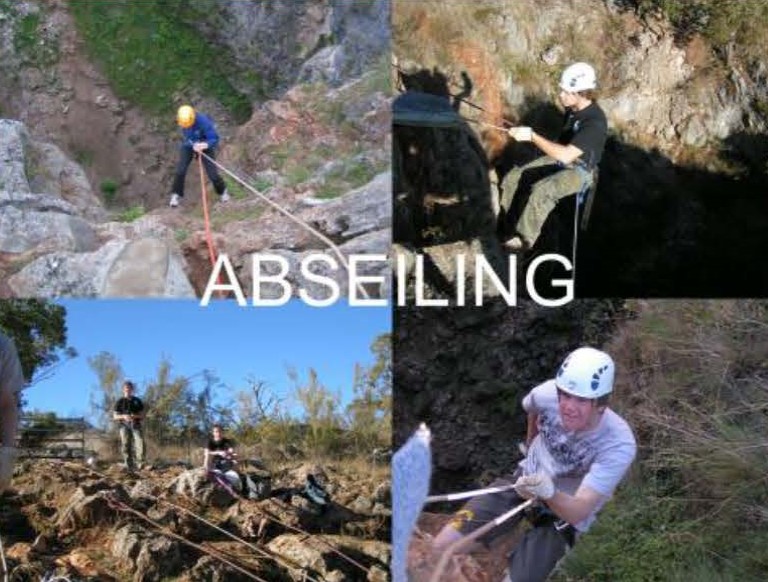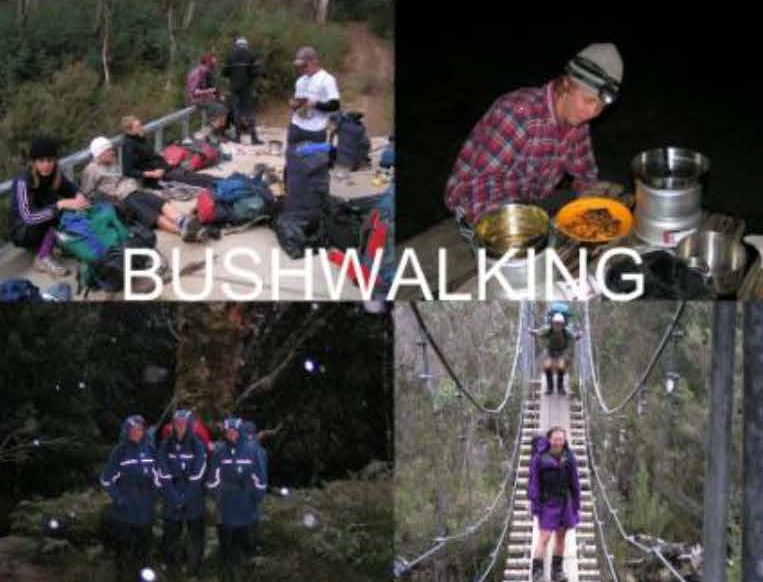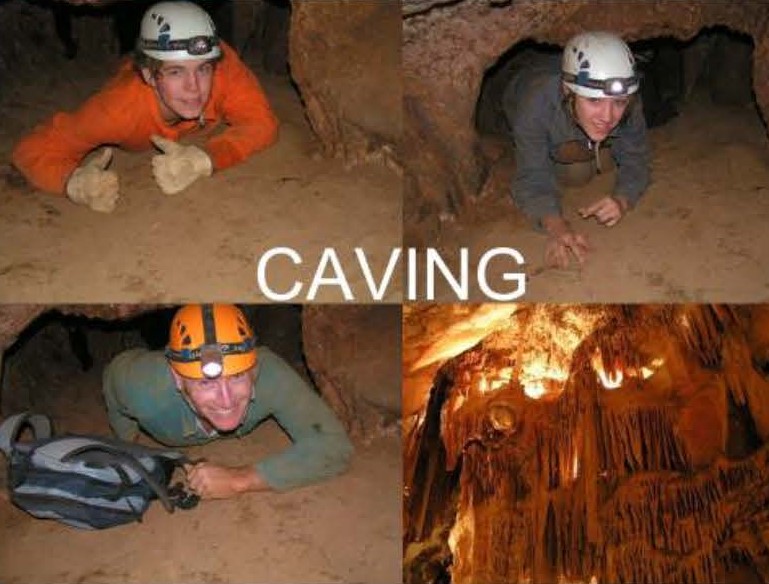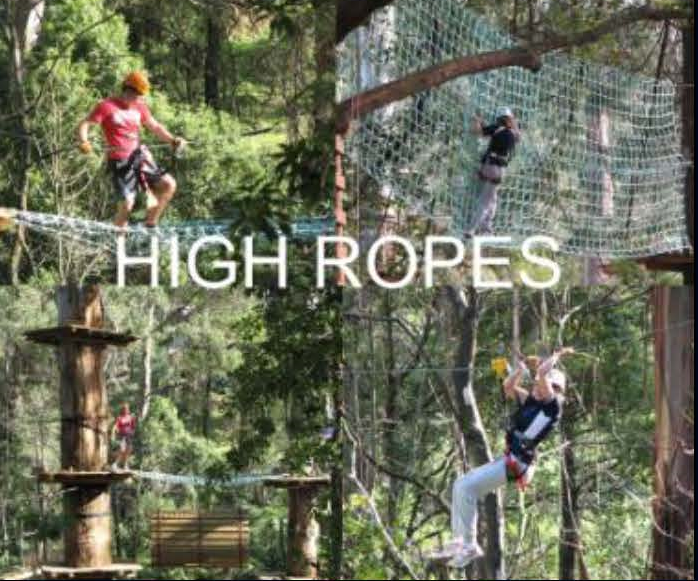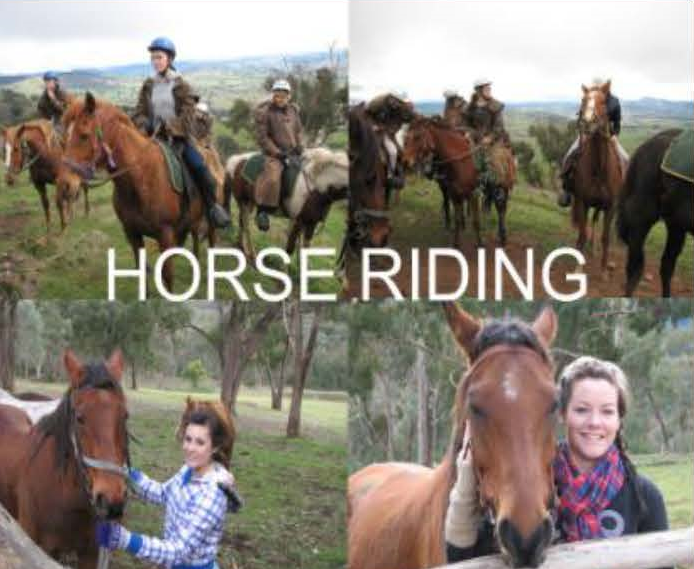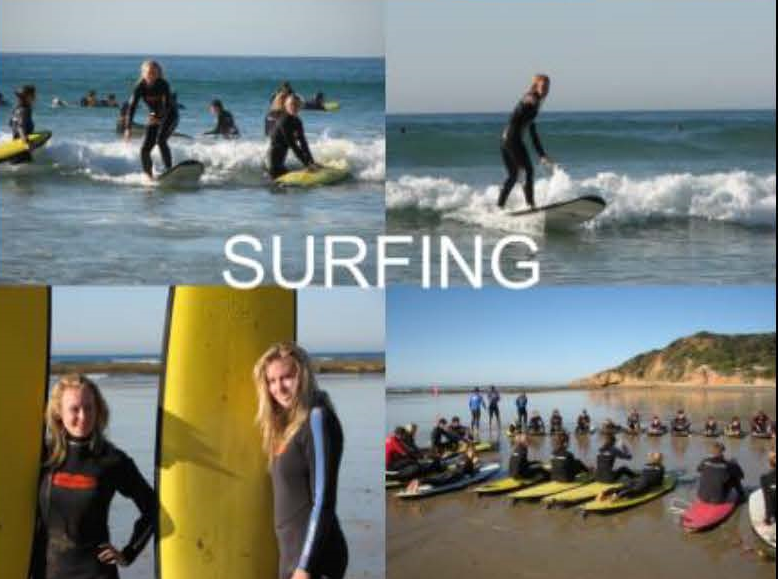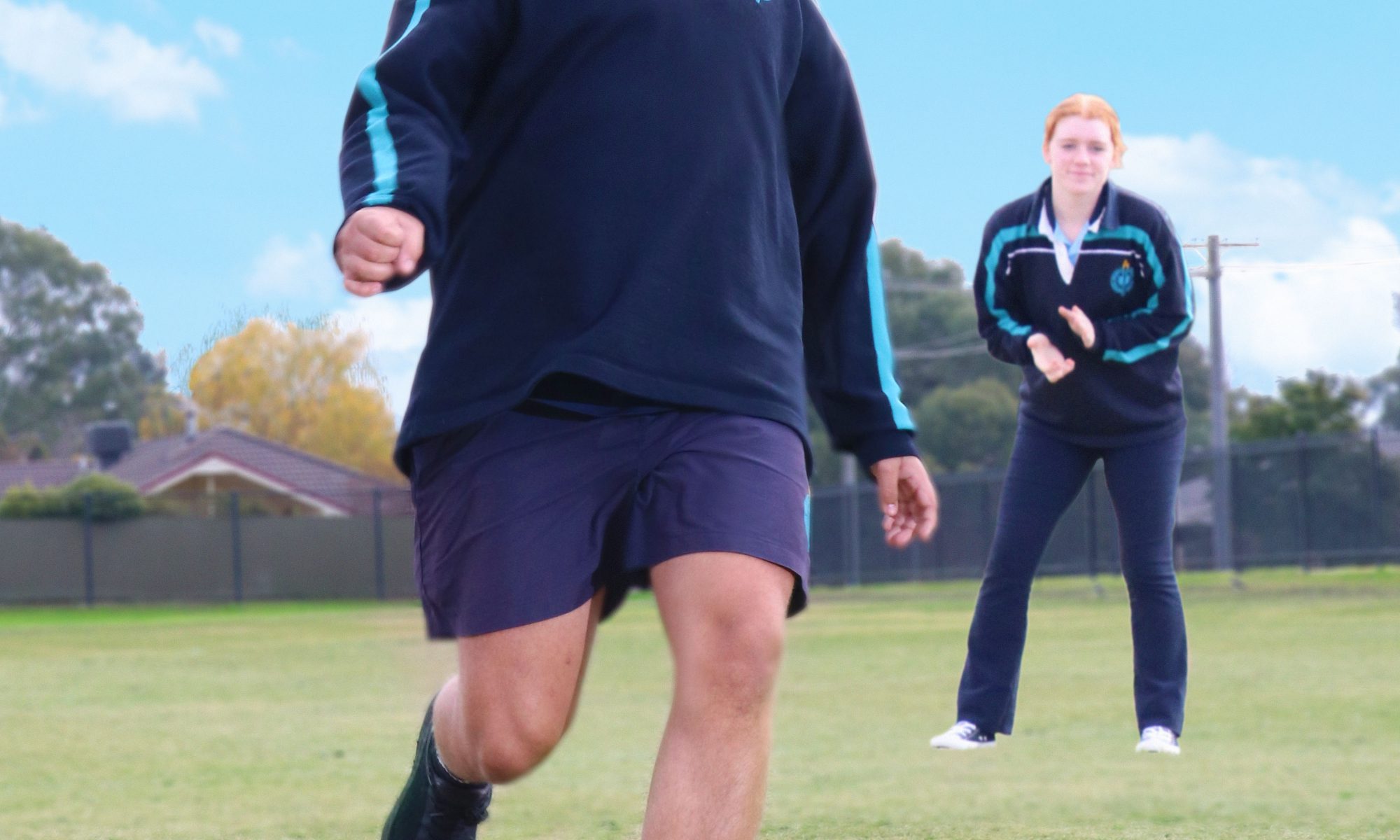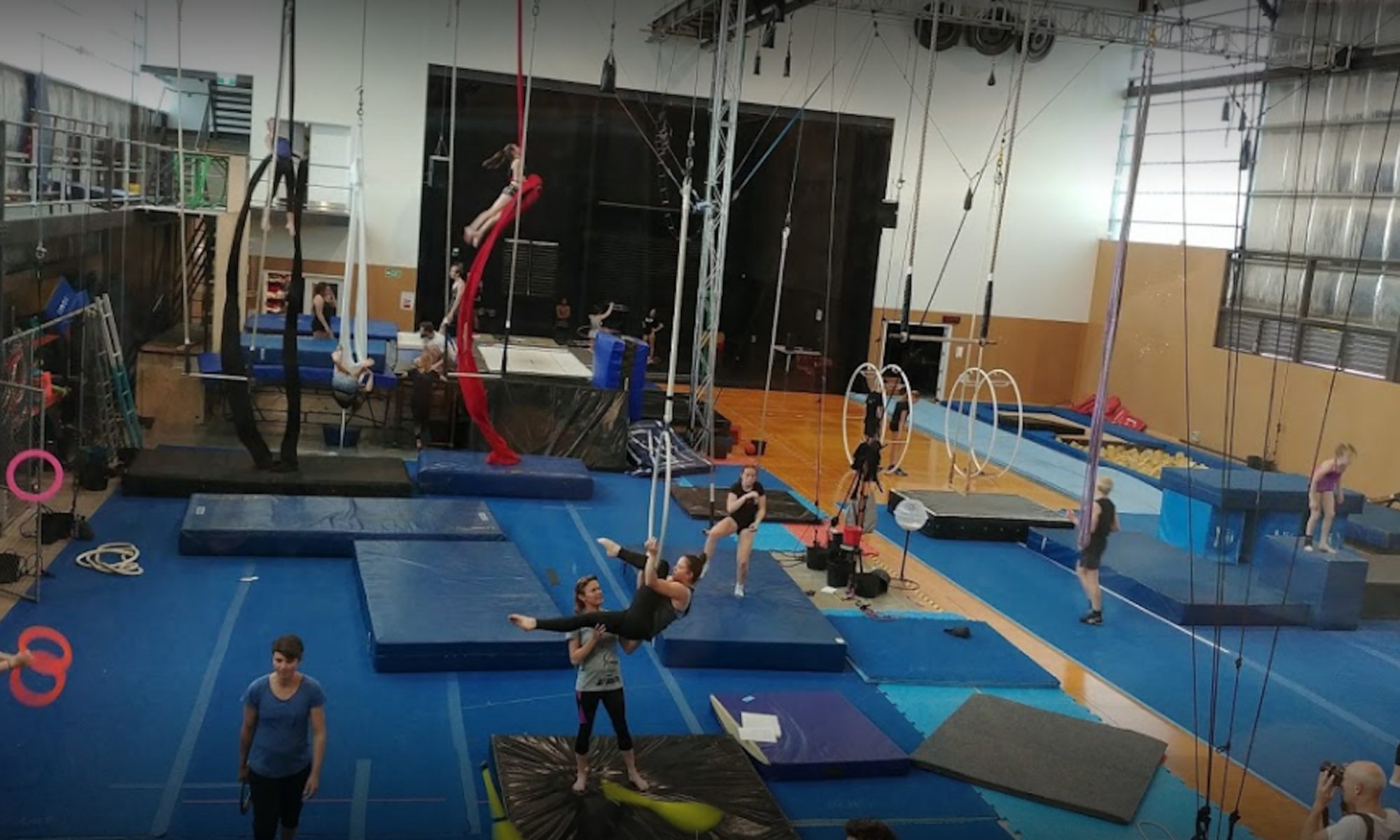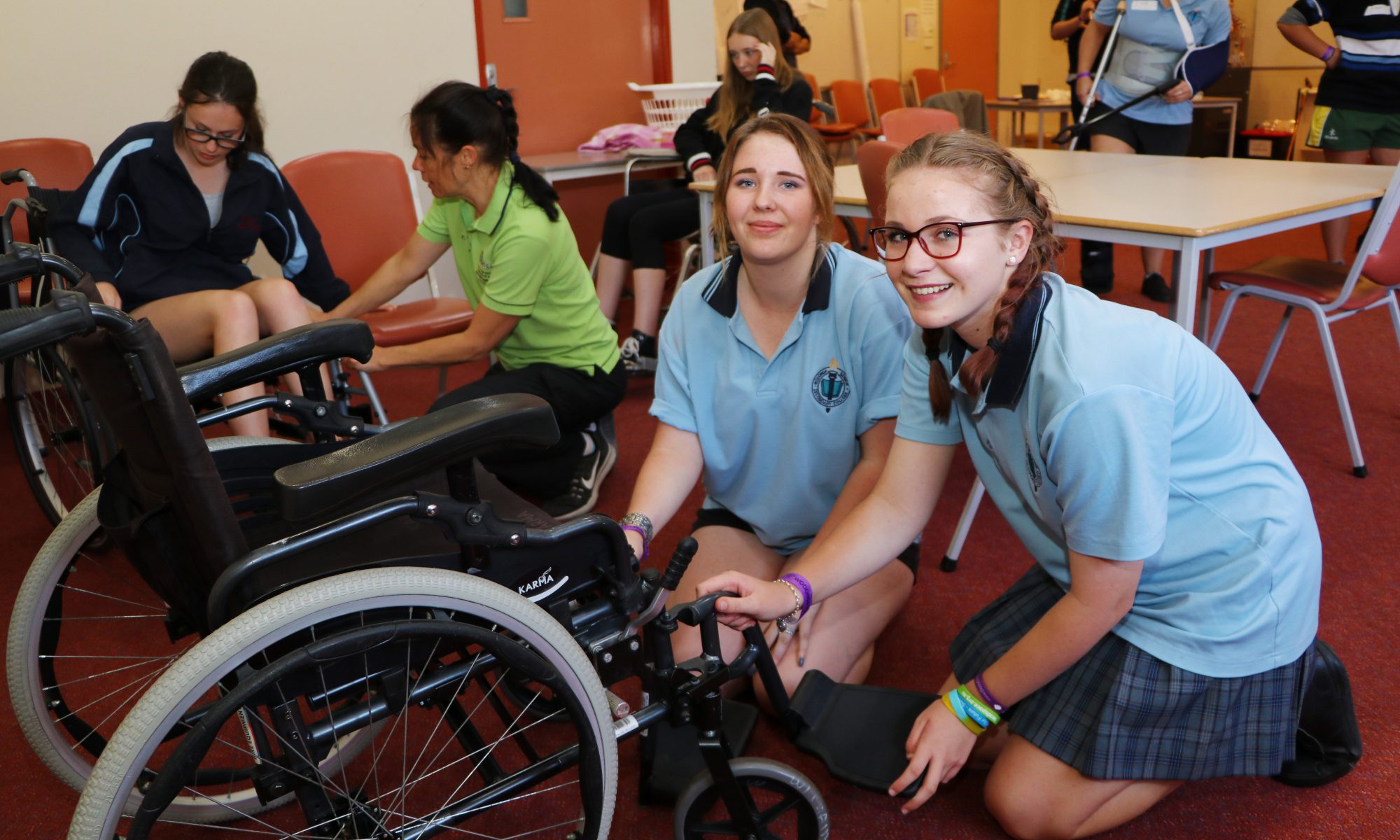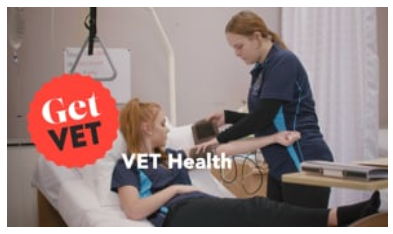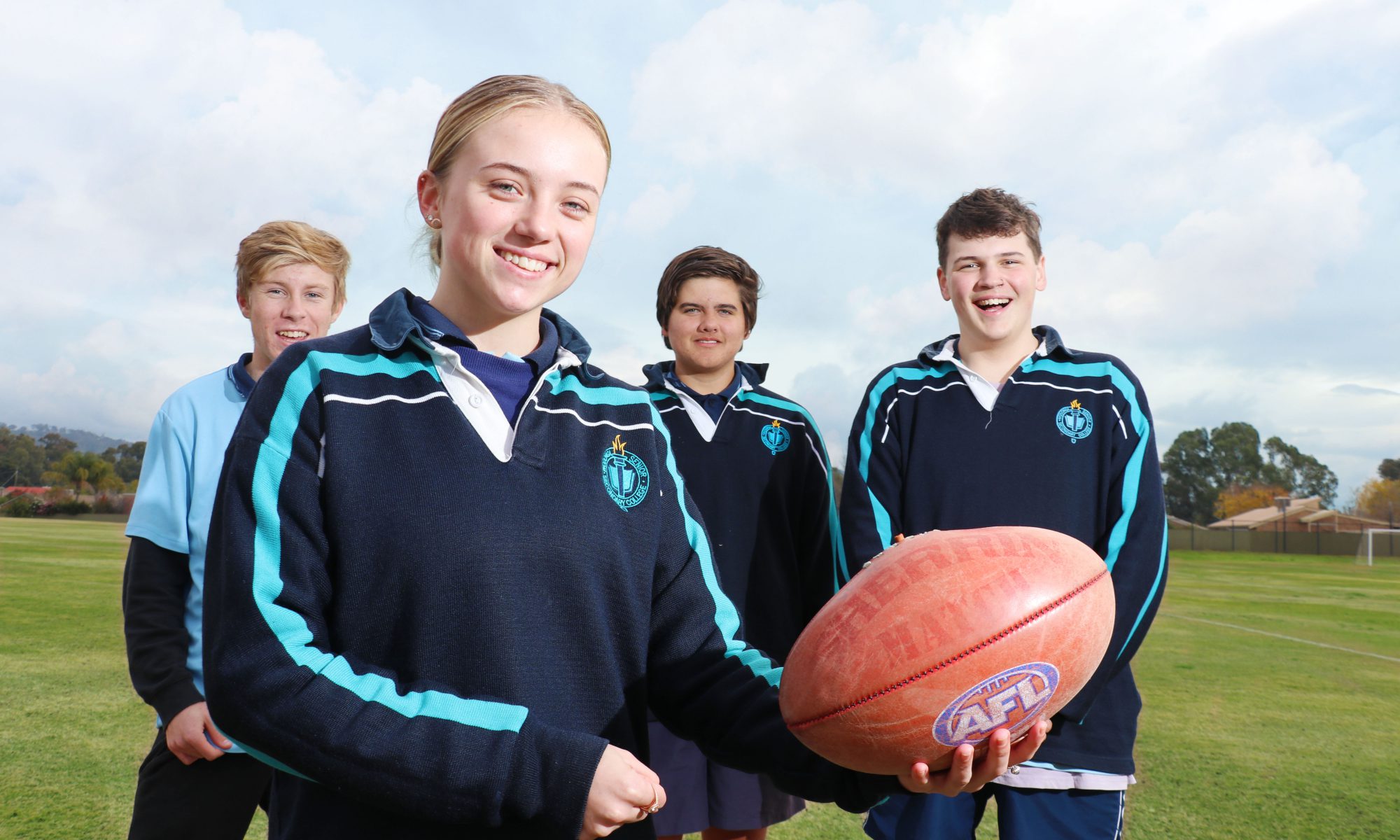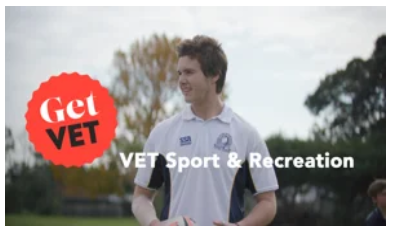Health & Human Development
Course Summary
Are you interested in health and wellbeing locally and globally? Do you wish to pursue a career in health promotion, health, humanitarian aid, policy etc? By studying Health & Human Development you will examine health and wellbeing, and human development as dynamic concepts. You will develop an insight into the complex interplay of biological, socio-cultural and environmental factors, and how these can be modified by health care and other interventions. This will include considering the Australian and global contexts as they investigate variations in health status between populations and nations.
VCE: Unit 1, Unit 2 and Unit 3 & 4 sequence available
Learning Activities & Assessment
- Explore the complex nature of health and wellbeing, and human development
- Examine how health and wellbeing may be influenced across the lifespan by the conditions into which people are born, grow, live, work and age
- Develop health literacy to evaluate health information and take appropriate and positive action to support health and wellbeing and manage risks
- Apply social justice principles to identify health and wellbeing inequities and analyse health and wellbeing interventions
- Propose and implement action to positively influence health and wellbeing, and human development, outcomes at individual, local, national and/or global levels
